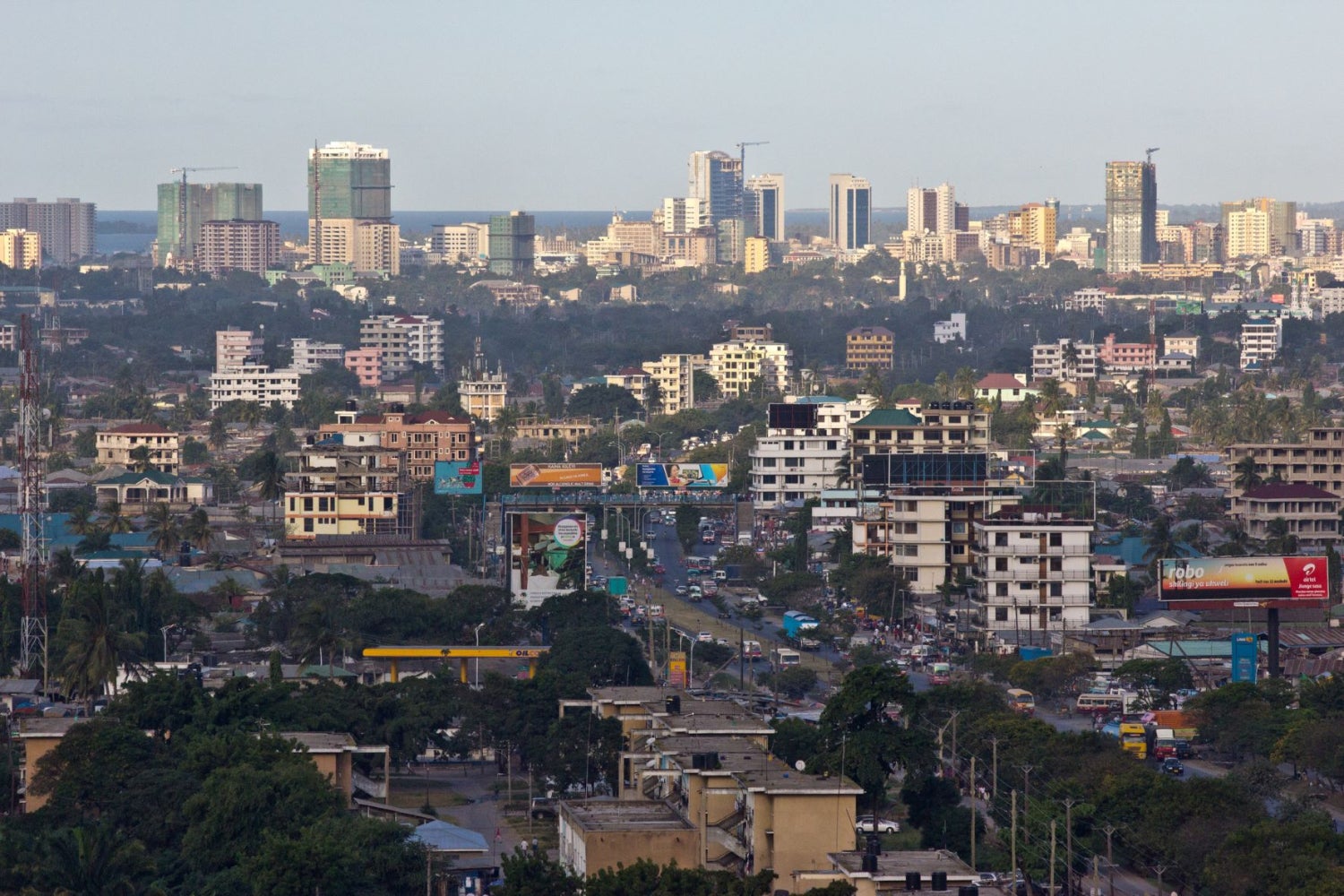Tanzania

Key country characteristics
- Low Income country in Sub-Saharan Africa
- Population: 58M
- GPD Per Capita: $2,771
- Life expectancy at birth: 64

Achieving the goals of priority setting is a shared and multisectoral responsibility that relies on participatory and inclusive stakeholder engagement across all levels of the health system.1 Diverse stakeholder involvement can help to improve stakeholder accountability2, restore public trust in the health system, and aid in the selection of cost-effective and contextually-relevant programs and interventions for achieving population health gains. 1345 Globally, countries have increased efforts to involve communities through decentralization strategies such as the formation of health committees or boards including community representatives.28 However, full community participation in the priority setting process continues to be a challenge in resource-constrained settings with weak organizations and fragile democratic institutions.56
In Tanzania, decentralization and health sector reforms have placed an emphasis on community participation in priority setting.7 This is largely in response to Response to Accountable Priority Setting for Trust in Health Systems (REACT), a 5-year project carried out in 2006 in Kenya, Zambia, and Tanzania by researchers from institutions in Tanzania and Europe. The REACT project aimed to test the application and effects of the Accountability for Reasonableness (AFR) approach for improving fairness in priority setting in resource-constrained settings. The AFR approach provides stakeholders with a framework to establish priorities for their specific contexts by way of four conditions: relevance, publicity, appeals and revision, and enforcement/leadership and public regulation.58 Tanzanian decentralization policy is written in service of a bottom-up approach to decision making, by which community and facility-level health committees and boards set priorities at the local level and relay this upward to higher level decision makers.79 Despite the presence of these community-involvement platforms and decentralization policy, studies carried out in the Mbarali district in southwestern Tanzania have shown extension limitations of fair and active participation of communities in the decision-making process. Several groups, including women, low-income and less educated individuals, and minority groups, were found to be discriminated against in the decision-making process related to biased perceptions about these individuals’ capacities for decision-making.7 While the decisions that were made were publicized through communication mechanisms such as circulars and notice boards, there were no formal mechanisms to share this information with the public nor a process for the public to share feedback and hold stakeholders accountable to fair and equitable decisions, underscoring the need for increased community awareness, consideration of contextual barriers, and external validation of the priority setting process.59 Despite these gaps, the Tanzanian government is aware of the need for a more inclusive priority-setting process.9 Users can find more information on the AFR framework here, and Tanzania’s participatory approach to priority setting here and here.